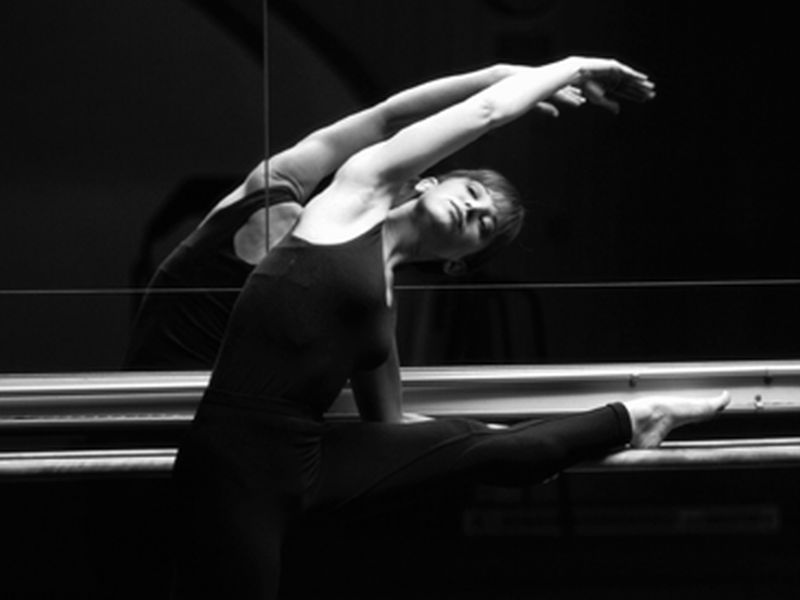
Ballet dancers are known for their sleek, sculpted look, in part the result of hours spent exercising at the ballet barre.
While not everyone can dance the Nutcracker or Swan Lake, classes in “barre” are now widely available and wildly popular. Some follow classical training, which is often slow and methodical, while others are inspired by it.
The technique involves very focused repetitive movements done holding onto the barre, which can be freestanding or anchored to a wall for support. Barre work enhances posture, muscle tone, balance, flexibility and coordination. The exercises tend to work four muscle groups: arms, abs, glutes and thighs, but in a true barre class the focus will be on just one of these at a time.
There are lots of options for finding barre workouts. Many professional dance studios now offer classes to the general public. Local dance studios originally designed primarily for children have started to add adult classes in the evenings and on weekends for moms, and even dads. Specialty studios, like the popular Pure Barre and the Bar Method, are opening in locations across the country.
It’s important to evaluate the classical dance training of instructors as well as the quality of a studio’s equipment. There should be at least two different sizes of barres available to accommodate varying heights. And ask for a rundown of the class structure to know how closely it follows the classics.
Sample exercises done at the barre:
- Demi plie: knee bends done to the halfway point.
- Grand plie: full knee bends.
- Battement tendu: gentle sliding motion of the foot in a series of directions.
- Battement variations: changes in tempo and foot positions to work different parts of the legs.
While the barre method is a fun and effective way to work out, keep in mind that in its pure form, it isn’t a cardio workout, so you’ll still need to include aerobics in your schedule for heart health.

